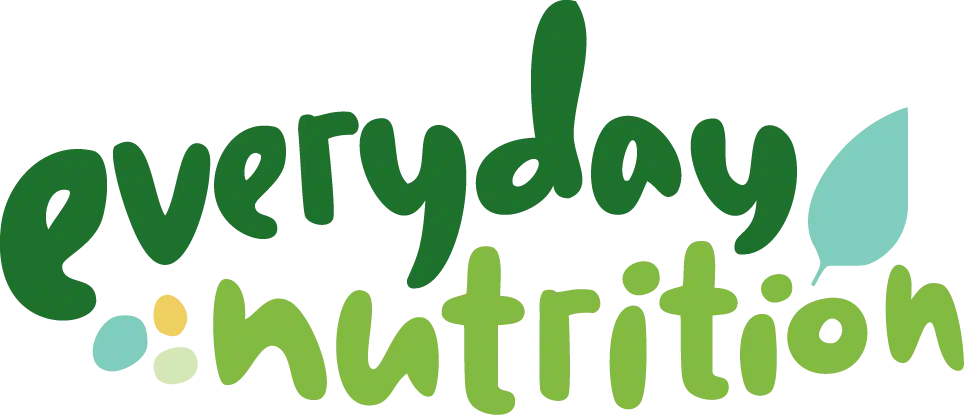Doctor: You have IBS, just keep a food diary and avoid your triggers. You’ll figure it out
Me: I’ve been keeping a food and symptom diary for months. One day oats are fine, the next they’re not. I’ve cut out dairy, gluten, garlic, apples….everything. Now I’m scared to eat at all, and I still feel awful.”
Tired of writing down every bite and still not getting answers? You’re not alone.
The idea sounds logical right, you keep a food and symptom diary, patterns emerge and voila you’ve found your trigger foods. Right?
Unfortunately, the reality is that the result is less likely to be clarity and more likely stress, frustration and a hyperfocus on food and symptoms. Worsening your IBS in the process.
But don’t worry, there is a better way. Let’s look at why traditional food tracking can backfire, and what to do instead that’s far more effective (and way less stressful).
The Problem with Food Diaries
Food diaries can seem like the perfect solution for managing IBS, but they often backfire. Here’s why:
1. They Increase Hyperawareness: What you focus on, you amplify. The gut and brain are closely connected and tracking every stomach ache or bloating episode can make it hard to distinguish between what is normal and what is not. Making already debilitating symptoms even worse and more impactful and on your daily life.
2. They Create Anxiety Around Eating: When every meal is meticulously analysed and recorded, food becomes stressful instead of enjoyable. That anxiety activates your body’s fight-or-flight mode, which lowers your ability to digest food and heightens gut sensitivity. Before long, you feel like everything triggers symptoms, even foods that were fine before.
3. They Oversimplify a Complex Condition: IBS is about more than just food. Stress, sleep, hydration, hormones, gut microbiome changes and more all play a role. A food diary reinforces the idea that food = symptoms, ignoring the bigger picture.
🧠 Case in point:
One client, Claire*, had eliminated over 40 foods after months of tracking. Yet she still felt awful. Once we stopped the food diary and focused on stress, routine, and rebuilding a basic, trusted food list, her symptoms and anxiety both improved. We were then able to actually identify what foods were problematic.
What to Do Instead
It can be daunting to stop keeping a food and symptom diary, especially if it is supposed to help you identify triggers. And also, it is liberating to finally stop.
Importantly, stopping the food and symptom diary doesn’t mean that you are no longer working towards a solution. It just means you are being more holistic in your IBS management. Here are TWO tools that can help you move forward with confidence.
1. Build a Trusted Food List: Instead of tracking everything, start building a list of foods that you already know feel good in your body.
These can be low FODMAP, low histamine, or just foods you’ve consistently tolerated.
Remember, the goal is confidence, not perfection.
Avoid using loaded terms like ‘safe’ or ‘unsafe’. Language matters. Calling something ‘safe’ makes everything else feel ‘dangerous’, which fuels anxiety. Try ‘trusted’, ‘reliable’, or ‘currently working for me’. Read more about why language matters here
2. Try the Scrap Paper Method: Want to keep some light notes without spiralling into hyperfocus? Try this low-stress method:
- If you suspect a food is problematic, write it on a scrap of paper and put it in an envelope.
- Keep eating from your Trusted Food List without over analysing.
- If it happens again, write the food on another scrap of paper and add to the envelope.
- After a few weeks, go through the envelope with your dietitian to look for patterns.
This helps you track just enough without obsessing over every bite.
Ready to Stop Obsessing and Start Feeling Better?
Managing IBS shouldn’t mean living in fear of food.
👉 Book an appointment today and let’s build a calm, confident, personalized plan—no endless tracking required.
Want a gentle place to start? Download your free Trusted Food List template and begin rebuilding your confidence with food today.
The Outcome: Freedom from Food Anxiety
By shifting away from obsessive tracking, you’ll:
✅ Reduce stress around eating
✅ Gain confidence in your food choices
✅ Focus on strategies that actually support gut health
You deserve to enjoy food without fear. Let’s work together to make that happen.







